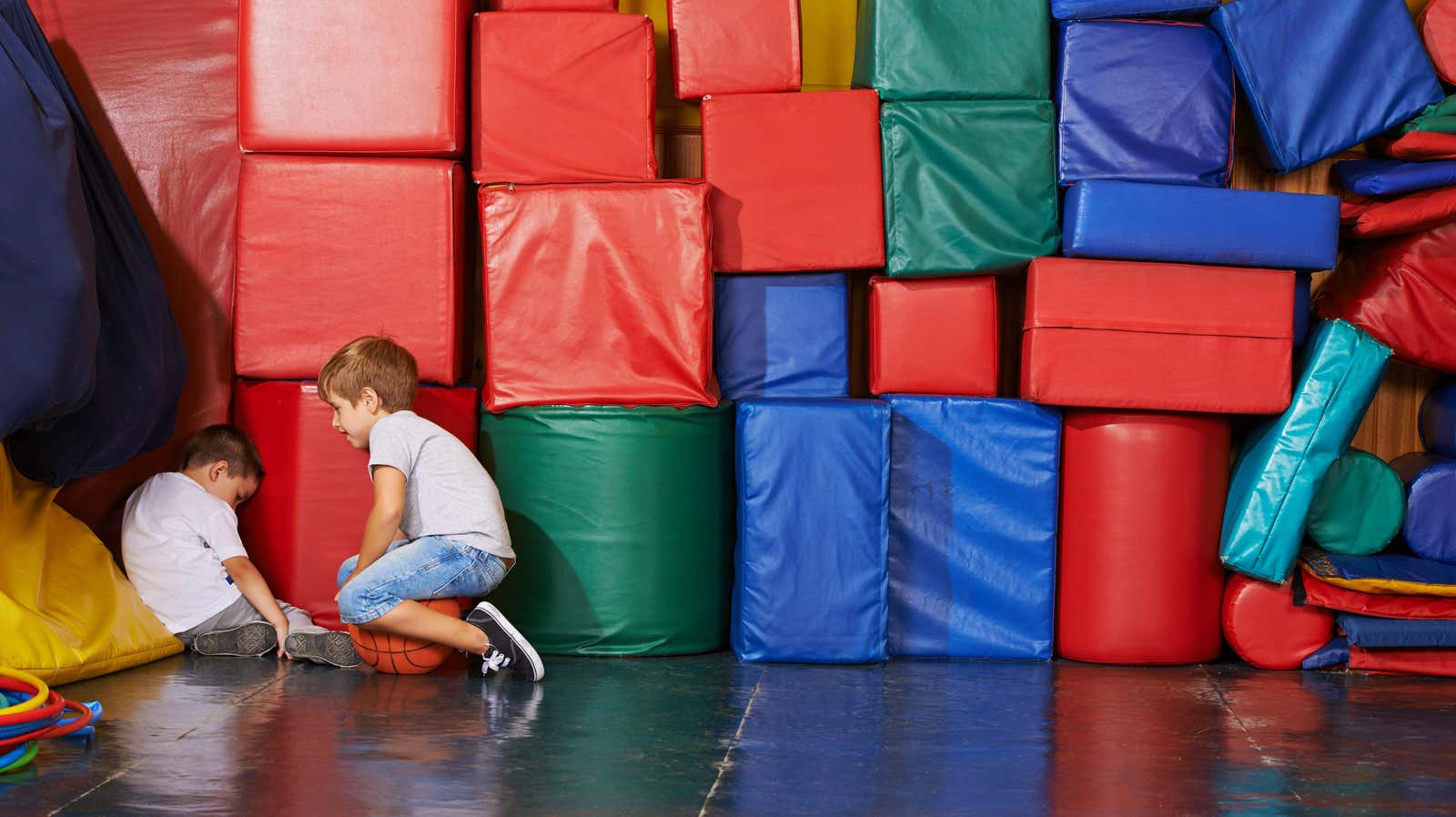How to Talk to Teachers and Coaches About Your Child’s Neurodivergence

Many children with one of the various diagnoses that fall under the definition of neurodivergence exhibit behavior that looks like bad behavior to the unprepared or unsympathetic eye. For example, when my son is worried, he does not hide behind my skirts – this is a “flight” reaction, and my child’s reaction to stress is more like a “fight”. Other children may have sensory issues that make it difficult to follow rules, such as wearing masks or uniforms, standing in line, or concentrating.
Schools have systems in place to accommodate neurodivergent children, and often teachers and coaches will warn you when a student in their class needs a different approach. However, when it comes to summer camp or extracurricular activities, the same understanding can be hard to come by. Not all teachers, coaches, counselors, and other event organizers are equipped, experienced, or prepared for children with learning or behavioral disabilities.
In situations like this, kids need their parents more than ever to act as their advocate, so I spoke with Paulette Selman , a school psychologist and special education advocate in Oregon, about how best to help your child succeed in these situations. programs.
Before starting activity
When my children were younger, I hesitated to take them to the judgment of teachers, warning teachers about behavior that could be seen as “bad,” from hyperactivity to possible violence. However, according to Selman, a different approach would be better for them. “Don’t hesitate to let the teacher know your child’s diagnosis,” she advises. “More importantly, share strategies you know usually work for your child, as well as things that might trigger them.” Because triggers aren’t always avoidable, especially if your child might get overstimulated or experience dysregulation during a new activity, she advises sharing what works to “re-regulate” them at home.
As children get old enough to have more leeway in their self-regulation, which my kids started at age two, it’s a good idea to prepare well for new or potentially stimulating activities. Before I sent mine to superhero gymnastics camp, I told them, “You know, just because you’re superheroes doesn’t mean you can ever hit another kid, even if you pretend to be a villain.” We found that the camp had the same rules about violence that apply at school and at home. I asked what they could do if they felt overwhelmed, and they offered solutions, including taking a breath and asking an adult to help them find a place to rest. I then informed the counselor that my children had these strategies.
After a problem occurs
Let’s say something “went wrong”. Someone has a nervous breakdown, your child hits another child, or refuses to follow the rules. “Give staff a chance to handle the situation when things go wrong,” says Selman. Many of these professionals have years of experience working with children who do all sorts of weird things, and “you might be surprised by their creativity, use of humor, or high-level engagement strategies to help your child.” As a teacher who started his career in summer camps, I have certainly solved some interesting challenges over the years and I can attest that there are more innovative and experienced educators than me.
However, if you feel like a situation has been mishandled or your child has been misunderstood, talk to the teacher about it. “Hopefully the teacher will be flexible enough to handle the ups and downs and try again the next day,” says Selman. But this communication is key.
In some cases, when teachers or organizers feel that the program is not suitable for the child, they may be asked to leave. If you think this is discrimination, you have several options, depending on the type of program. Any city, state, or school government program must consider students with disabilities. Protection programs are usually available at the state level if you need support.
In private events, Selman says, “you have less say in demanding equality and participation for your child,” and so you should “provide as much information as possible in advance to prepare the teacher, and continue to communicate if things are going well.” sideways”.
In any case, if something is wrong with the teacher, do not hesitate to report your problems to the program director.
Summing up after
If there is a problem with your child’s behavior, it would be a good idea to discuss the situation with all concerned parties after the fact, which you can do in a number of ways. I like to touch base on the phone or e-mail to keep a written record, repeating what was discussed and a plan of action if the teacher or coach needs to respond to similar behavior again. If I am talking to the teacher in person, I prefer to do so when my children are not around.
I also love to debrief with my children after they have had an incident to talk about their experiences with the situation and how they would like to move on. “Listen to your child if they can express how they feel about the camp/program—what they like and what worries them,” says Selman.
You may get a different point of view from your child than what you have observed or reported by staff. Remember, neurodivergence behavior is not something to be ashamed of and it doesn’t make them bad kids. If someone is hurt, emotionally or physically, there is room for improvement, but my child needs to know from me that they are not “bad” because of different ways of perceiving the world.
Ultimately, we hope these efforts provide your children with a great experience at their camp, sport or program, and help you and the staff deal with any potential triggers before and after they occur. Most programs strive to be inclusive and enjoyable for all children, including yours.